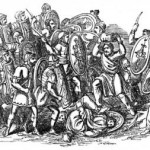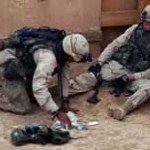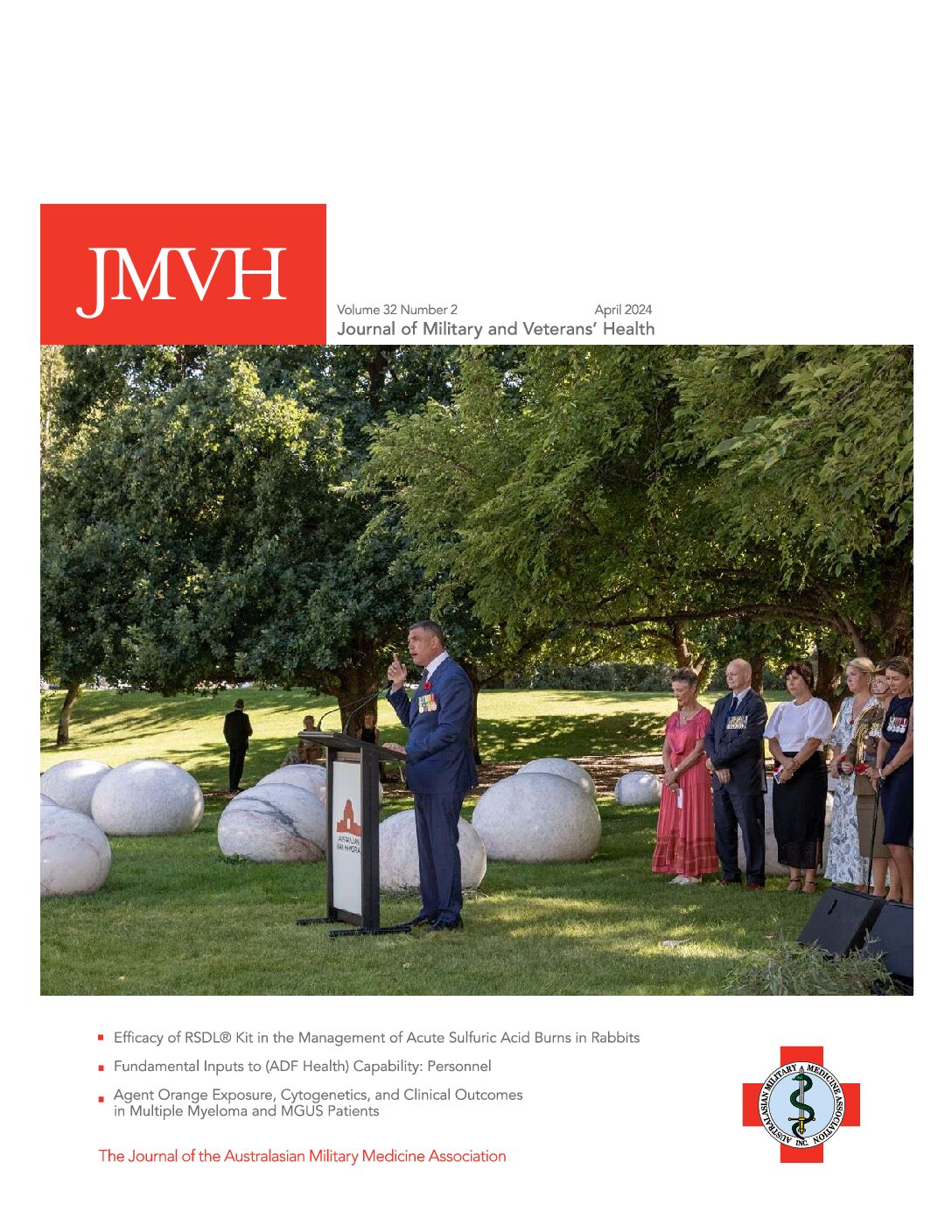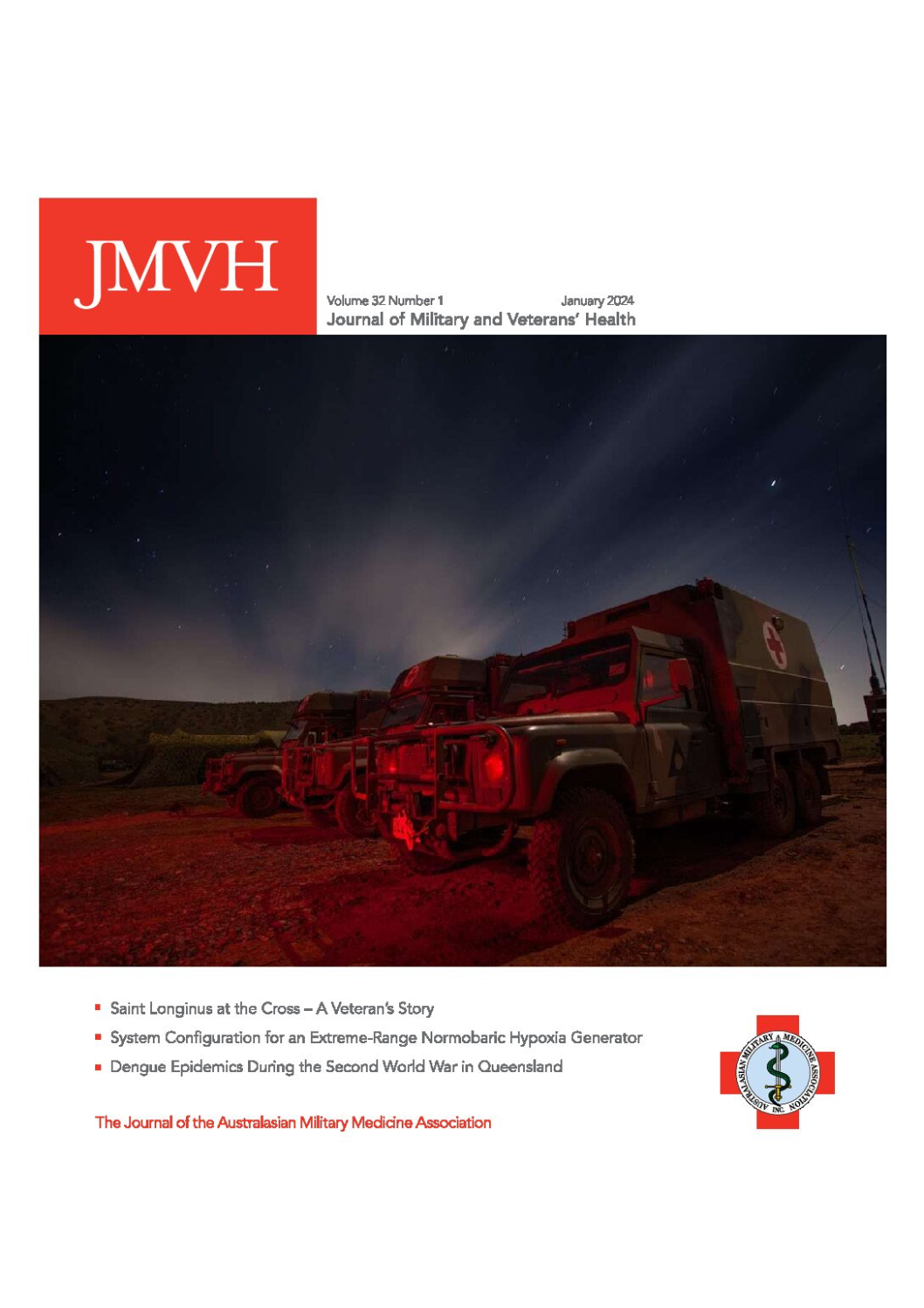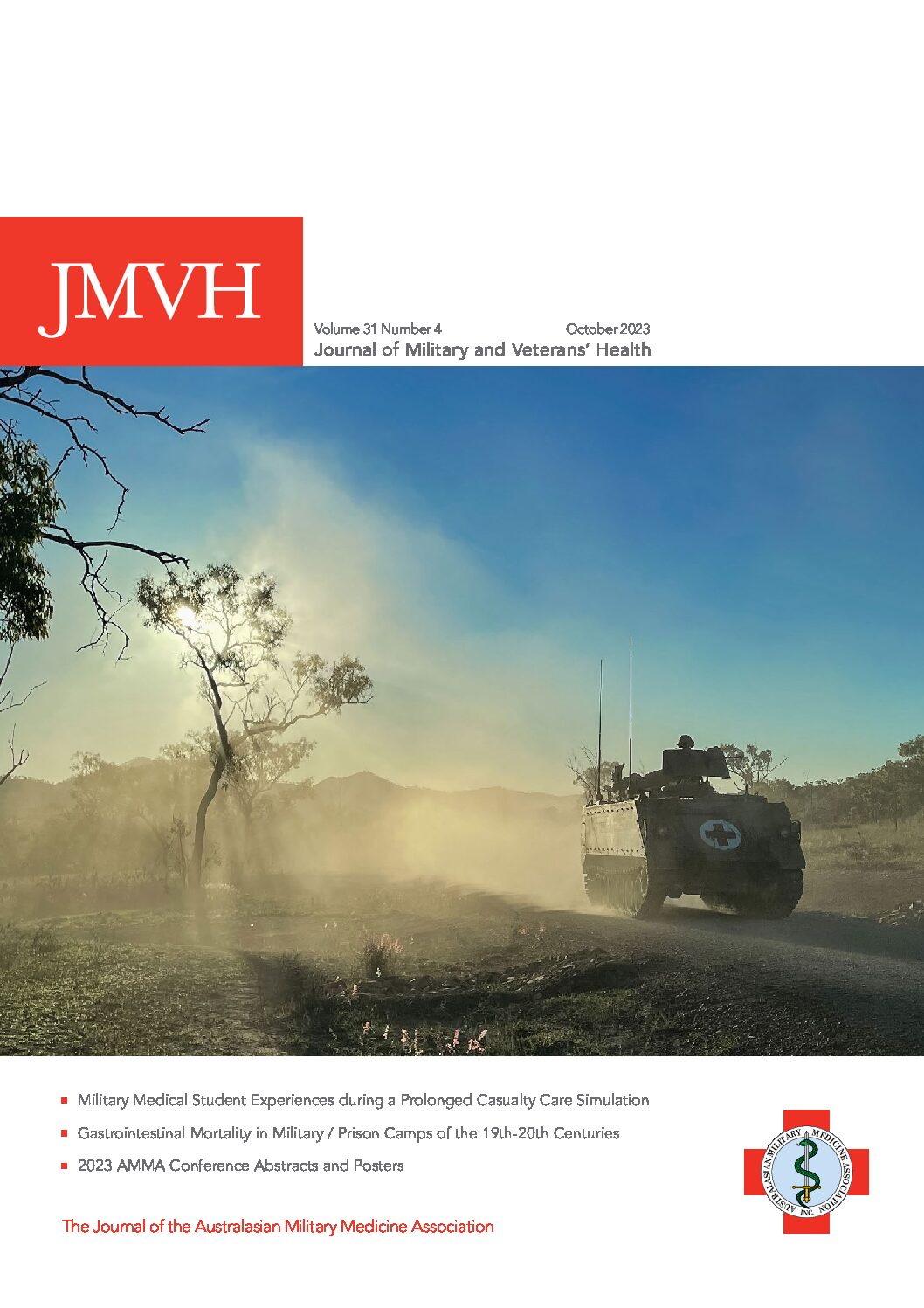Retention of Senior Medical Officers, time for a rethink on career progression?
A large preoccupation of junior medical officers in the military is to think about our return of service obligation and the decision on whether or not we will choose to stay beyond it. One of the most significant retaining factors will be whether or not we see ourselves enjoying the work that comes with the… Read more »



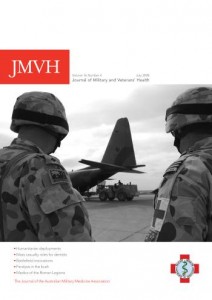
 Download the whole edition here.
Download the whole edition here.